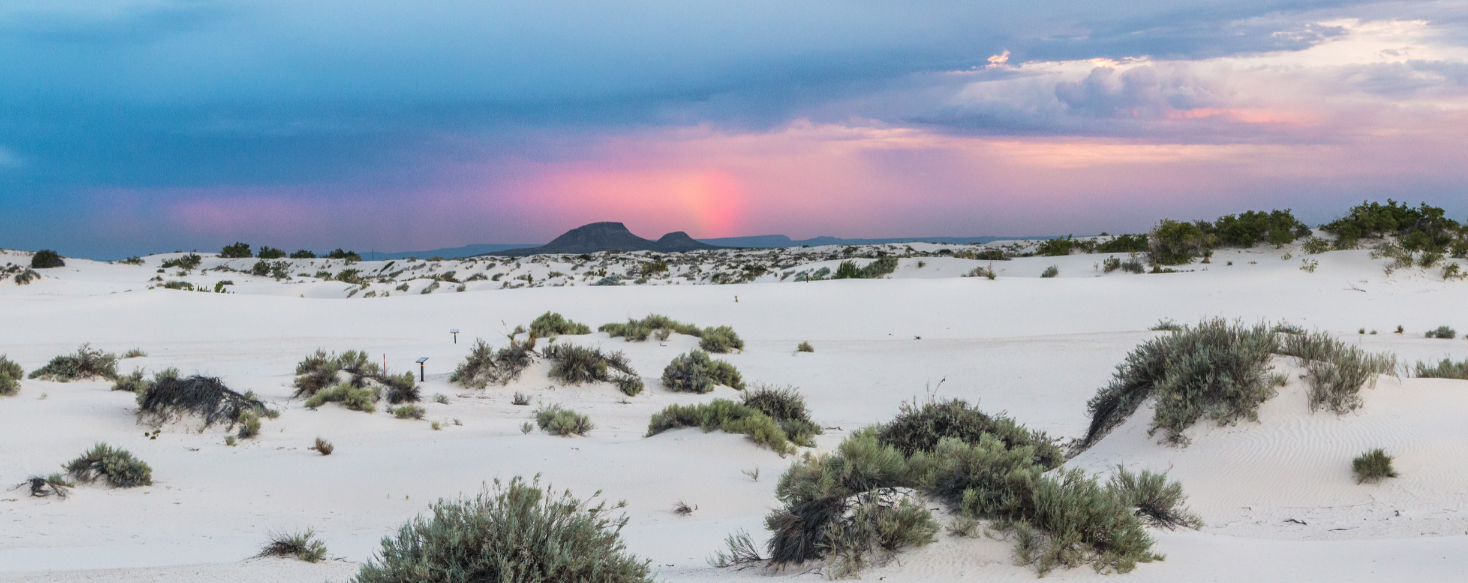
- Details
- By Native News Online Staff
WASHINGTON — The Biden administration on Thursday released its vision for how the United States can work collaboratively to conserve and restore the lands, waters, and wildlife that support and sustain the nation. A number of tribal leaders were quick to endorse the principles of the 30x30 Policy in a statement also released on Thursday.
The recommendations are contained in the 22-page “Conserving and Restoring America the Beautiful” report, outlining a locally led and voluntary nationwide conservation goal to conserve 30 percent of U.S. lands and waters by 2030 that was submitted to the National Climate Task Force.
Dubbed the 30x30 Policy, the recommendations were developed by the U.S. Departments of the Interior, Agriculture and Commerce, and the White House Council on Environmental Quality.
The report calls for a decade-long effort to support locally led and voluntary conservation and restoration efforts across public, private, and tribal lands and waters in order to create jobs and strengthen the economy’s foundation; tackle the climate and nature crises; and address inequitable access to the outdoors.
The 30x30 Policy outlines eight principles that should guide the nationwide effort, including a pursuit of collaborative approaches; a commitment to supporting the voluntary conservation efforts of farmers, ranchers, and fishers; and honoring of Tribal sovereignty and private property rights.
“The President’s challenge is a call to action to support locally led conservation and restoration efforts of all kinds and all over America, wherever communities wish to safeguard the lands and waters they know and love,” write Interior Secretary Deb Haaland, Agriculture Secretary Tom Vilsack, Commerce Secretary Gina Raimondo, and White House Council on Environmental Quality Chair Brenda Mallory in the report. “Doing so will not only protect our lands and waters but also boost our economy and support jobs nationwide.”
The tribal leaders say tribal nations are the first sovereigns and guardians of this continent’s lands and oceans and possess inherent stewardship responsibilities and rights to protect and care for our ecosystems and communities, which are interconnected.
The statement was signed by 13 current tribal leaders, one former tribal leader and the leader an organization. Among the leaders are Aaron Payment, chairperson of the Sault Ste. Marie Tribe; W. Ron Allen, tribal chair and CEO of Jamestown S’Klallam Tribe; Shannon Holsey, president of the Stockbridge-Munsee Band of Mohican Indians; and Cheryl Andres-Maltais, chairwoman of the Wampanoag Tribe of Gay Head Aqinnah; and Erik Stegman, executive director of the Native Americans in Philanthropy.
“The 30x30 proposed policy serves as a vitally important opportunity to safeguard the environment and Tribal cultural values, strengthen the Nation-to-Nation relationship, and uphold Tribal sovereignty and self-determination. We have identified key priorities related to (1) Sovereignty, (2) Consultation, (3) Representation, (4) Resources, and (5) Evaluation to strengthen the government-to-government collaboration we must undertake to safeguard the environment,” the tribal leader statement says in part.
The America the Beautiful report came out of dozens of interactions with hunters, farmers, scientists and outdoor-recreation businesses, as well as tribal, city and state officials.
More Stories Like This
Native News Weekly (August 25, 2024): D.C. BriefsCheyenne River Youth Project to Celebrate Women’s Strength at Barbie-Themed Passion for Fashion on March 14
Celebrating Native American Women
Native Bidaské: The Illusion of Freedom and the Myth of America 250, Leonard Peltier Speaks Out
Monday Morning (March 2, 2026): Articles You May Have Missed This Past Weekend
Help us defend tribal sovereignty.
At Native News Online, our mission is rooted in telling the stories that strengthen sovereignty and uplift Indigenous voices — not just at year’s end, but every single day.
Because of your generosity last year, we were able to keep our reporters on the ground in tribal communities, at national gatherings and in the halls of Congress — covering the issues that matter most to Indian Country: sovereignty, culture, education, health and economic opportunity.
That support sustained us through a tough year in 2025. Now, as we look to the year ahead, we need your help right now to ensure warrior journalism remains strong — reporting that defends tribal sovereignty, amplifies Native truth, and holds power accountable.
 The stakes couldn't be higher. Your support keeps Native voices heard, Native stories told and Native sovereignty defended.
The stakes couldn't be higher. Your support keeps Native voices heard, Native stories told and Native sovereignty defended.
Stand with Warrior Journalism today.
Levi Rickert (Potawatomi), Editor & Publisher

